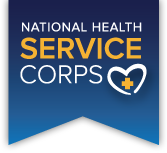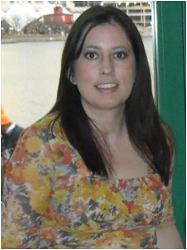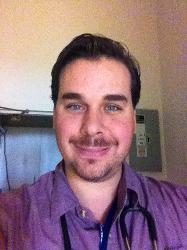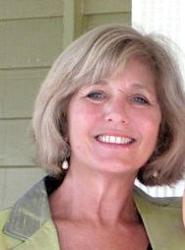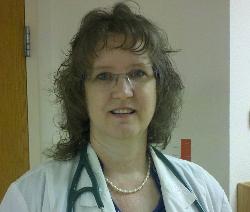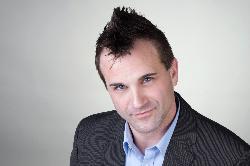“Coming from a neighborhood with limited access to care, I simply feel compelled to serve the people and give back to the community,” said Christina Wei, a nurse practitioner with the National Health Service Corps (NHSC) in San Antonio, TX. “For me, it all comes down your patient base – and I prefer to work in communities that need the most help. We speak the same language. I understand their needs and they understand me because I have been there.”
Christina studied to become a mental health provider at the University of Texas Health Science Center at San Antonio School of Nursing so that she could return to her hometown and help meet its health care needs. Upon graduating, she had many opportunities to work in the private sector, but caring for communities in need was simply a better fit based on her experience growing up.
Christina applied for the NHSC so she could have the financial freedom to serve patients struggling with barriers – such as lack of income, transportation, and language – preventing them from receiving quality health care. After the NHSC awarded her loan repayment services, she began working in the local health center, delivering targeted care for the city’s geriatric community, patients suffering from addictions, and Spanish-only speaking patients.
“You can see the relief on many of my patients’ faces when they hear that I can speak Spanish,” says Christina. “It makes a big difference in the level of care I can provide. Spanish speaking members of the population can fully express themselves, and I understand both the language and the cultural nuances.”
San Antonio is a community with a high risk for dementia-related disorders, but the city only had two health care providers in underserved areas trained to provide the necessary testing for the disease – and only one of those providers could offer bilingual care to treat that patient population. For a city of 1.6 million, a large percentage of which is Spanish-speaking only, there was a critical shortage issue. “Without a consistent, Spanish speaking provider, many patients can’t communicate their health care needs accurately and don’t receive the appropriate care. Without the correct treatment, many patients’ mental health problems go undetected or untreated,” said Christina.
One patient came to her office surrounded by family members. As he walked up to her health center, he had to stop and lie down frequently because he was too weak to sit or stand. Christina coaxed him to sit up and speak with her. He used to have a job. He had earned a professional degree. However, he had developed a severe anxiety disorder that led to a deterioration of his quality of life. Not only was he physically weak, but he could not eat or sleep. Christina worked through his anxiety with him and prescribed appropriate medication. A few weeks later, when walking through her office, he was walking alone. He had driven himself to the clinic – and he was on his way to recovery, filled with hope. He had even begun taking on side jobs to ease back into the workforce.
To extend her community impact beyond the health center, Christina and her husband, who is also an NHSC member, mentor teenage mothers at a home for young parents. They are also training to become foster parents – in addition to caring for their four children. “Since starting our family, my husband and I have transitioned from volunteering outside of our home to welcoming children into our home for love and support. While my husband and I both work for an Federally Qualified Health Center (FQHC) and help provide health care for many people each year, at home we feel like we are most needed to make a difference in the community by providing one-on-one care and role modeling to children in need.”
